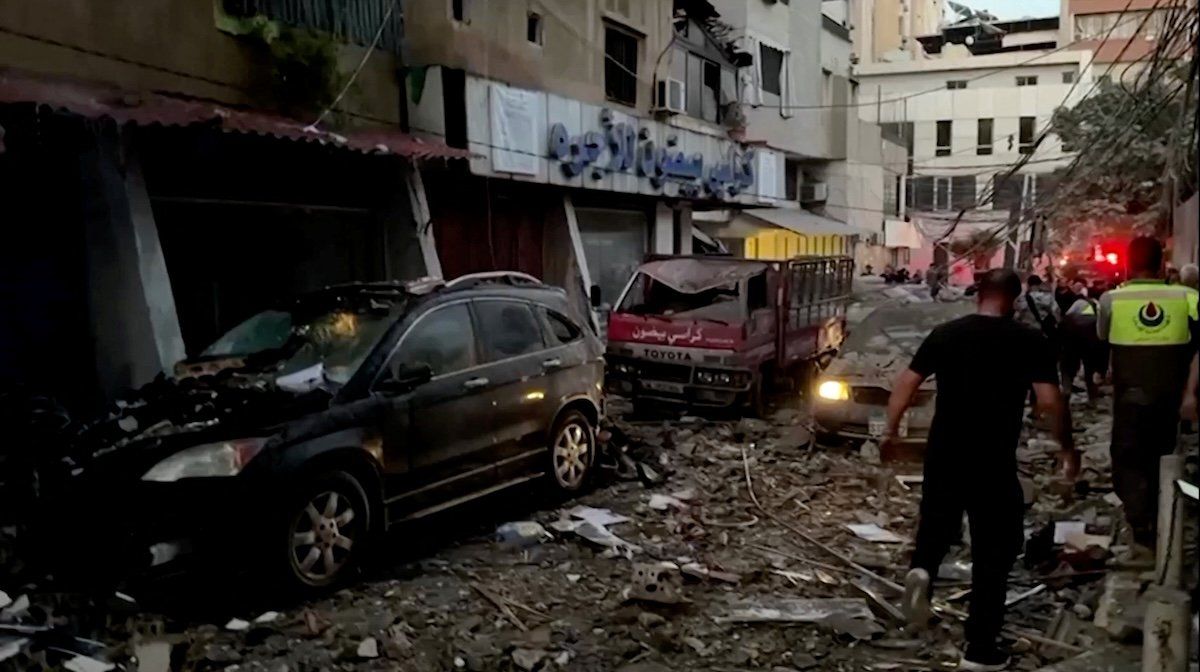Iran is blaming Israel for a pre-dawn airstrike in Tehran on Wednesday that killed top Hamas leader Ismail Haniyeh in a move that could further escalate conflict in the region. The militant group said Haniyeh’s assassination on Iranian soil “takes the battle to new dimensions.”
This followed Israel’s strike in Beirut on Tuesday targeting a Hezbollah commander it alleges was behind a rocket attack on Saturday in the Israeli-occupied Golan Heights that killed 12 children. Israel believes that the commander, Fuad Shukr, was killed by the strike, but there are conflicting reports about whether he survived.
The Beirut strike, which reportedly also killed one civilian and injured 35 people, came after Prime Minister Benjamin Netanyahu warned there would be a severe response to the deadly attack in the Golan Heights.
Hezbollah has denied responsibility for Saturday’s strike, which occurred after months of rising tensions between the Iran-backed militant group and the Jewish state that have raised fears of a broader conflict in the Middle East amid the already devastating war in Gaza.
Israel’s response yesterday marked a significant escalation in the tit for tat between Israel and Hezbollah and came after the US urged the Israeli government to show restraint.
As for the Wednesday strike, it’s worth noting that the last time tensions flared dangerously between Iran and Israel was in April over Israel’s alleged targeting of a building next to the Iranian embassy in Damascus. Tehran responded then by launching its first-ever attack on Israeli soil with missiles and drones.
What happens next? In response to the assassination of Haniyeh, Iran’s Supreme Leader Ali Khamenei said Israel had “prepared a harsh punishment for itself” by killing “a dear guest in our home.” We’re watching for revenge strikes, and to see whether Hamas pulls out of cease-fire negotiations in response.
“[The Beirut attack] was pretty big — a direct strike on Hezbollah’s heart, and one against a member of the leadership,” says Gregory Brew, a Eurasia Group senior analyst and regional expert, and the next few days will be crucial for Hezbollah “as they figure out how to respond.”
